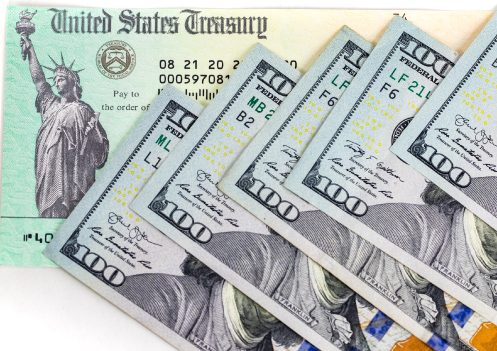If you are a recent college grad, or love one, please listen up on the must-do financial moves you need to tackle right now. Not next year. Right now. The choices you make today will make all the difference in your financial life for decades to come.
Start repaying student loans. Federal student loans give borrowers a six-month “grace period” after they leave school before they are required to start repayment. That means anyone who graduated last Spring is now coming up on the end of the six-month grace period.
Even if you have yet to land a job, you still must start repayment, or formally apply for a delay. (Learn more here). Ignoring this financial obligation can make a mess of your financial life for a very long time. Keep in mind that student loans are the only type of debt that can’t be wiped out if you declare bankruptcy. They stay with you forever.
Aim to pay back student loans in 10-years. The federal student loan program offers a variety of different pay-back plans that can range from 10 years to 25 years. I know how tempting it can be to choose a longer pay-back period, but it is not the best financial move. I would much rather you see if you can afford a standard 10-year repayment plan. If that means living with a roommate for a few years, or buying a used car rather than new, or setting your “fun” spending each month a little lower, that is such a smart move. If you get rid of this debt within 10 years you are going to be in such better shape to tackle all sorts of new financial goals. Saving for a home down payment and qualifying for a great mortgage deal will be easier the faster you pay down your student loan balance. It also will free up money to raise your family.
Commit to building an emergency savings fund. Getting rolling as an adult can be so tricky; if you aren’t paying close attention it is easy for your lifestyle to quickly eat up all your money. The place you choose to live, the car you choose to drive, the amount you spend going out with friends, attending weddings, etc. Creating a fallback fund for emergencies tends to get pushed to the rear of the line. And then you decide you can’t afford to save for emergencies.
The biggest favor you will do for yourself is to make emergency savings a priority starting right now. Commit to monthly savings first and then adjust your spending around that.
I recommend using an online savings account for your emergency fund; they tend to pay higher interest than savings accounts at old-school banks. You can arrange to have your existing bank checking account send money each month into your new savings account. Those automatic deposits will be free on both ends of the transaction. (Search online for “best high yield savings rates” and you will be directed to sites that list the best current deals.)
Make sure you are nabbing the maximum company match on your workplace retirement plan. If you are working for a company that has a retirement plan, such as a 401(k) or 403(b), chances are your employer also kicks in a matching contribution. That match is pegged to how much you are contributing. I have news for you: you may not be contributing enough to collect the most money your employer is willing to kick in. It’s not your fault’—it’s the annoying way many plans are set up.
If your employer automatically enrolled you in the plan, chances are your contribution rate was also automatically set’—and set way too low to qualify for the biggest matching contribution. Contact HR and ask what percent of your salary you need to earn the maximum matching contribution. Then make sure your automatic contributions from your paycheck are at least that high. Typically, you need to contribute at least 6% of salary to earn the max matching contribution.
If you don’t have a workplace plan, I want you to open a Roth IRA account at a low-cost brokerage such as Fidelity, Schwab, TD Ameritrade or Vanguard. You can start saving in ETFs with small monthly contributions. When you open the account ’–it’s free ’– you will be able to sign up to have deposits zapped from your checking account into your Roth retirement account every month (or quarter.) Do it. It is the only way to stay committed to saving.
Top Resources for You

The Ultimate Retirement
Guide for 50+
Learn More

MUST HAVE® Documents
Online Program
Learn More







